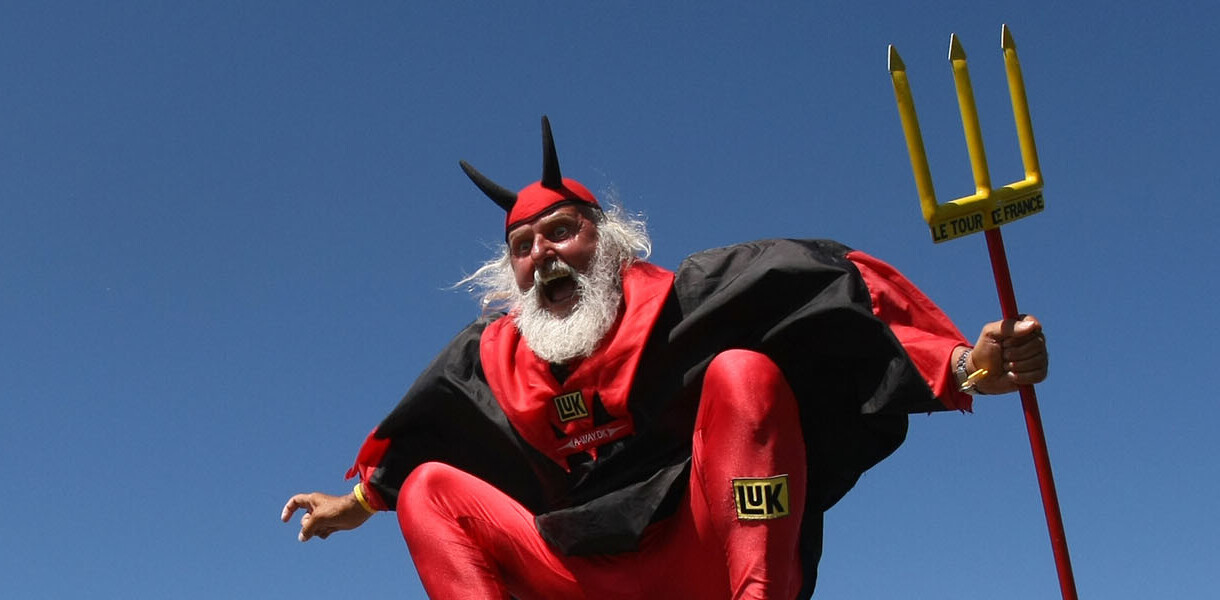Saudi Arabia may be famous for medieval barbarism and oil, but the kingdom is rebranding as a futuristic ecotopia.
The latest showcase of this unlikely vision is The Line, a mirrored city that’s 500m tall, 200m wide, and 170km long.
The metropolis will purportedly have a population of 9 million people by 2045. The project is projected to cost up to $1 trillion.
Future residents are promised “a civilizational revolution” with no cars, roads, or emissions. Underground trains will transport them from end-to-end in 20 minutes, and all amenities will be within a five-minute walk.
The facilities will be vertically-layered across the 34 square km city. Spaces for work, leisure, and home will be accessible in three dimensions: up, down, and across.
Vertically layered communities will challenge traditional flat, horizontal cities.
The plans may sound preposterous, but construction is already underway. This week, the Saudi government unveiled new design concepts for the city.
“The designs revealed today for the city’s vertically layered communities will challenge the traditional flat, horizontal cities and create a model for nature preservation and enhanced human livability,” said Crown Prince Mohammed bin Salman (MBS) in a statement.
You can feast/torture your eyes on the visuals in our gallery below. Alternatively, check out a hubristic promo video for the project atop this page.
The Line is part of the broader Neom development in northwest Saudi Arabia.
While MBS has promised a “civilizational revolution that puts humans first,” the project will displace thousands of people already living on the site.
One tribesman from the community made videos protesting the evictions. He was later shot dead by Saudi security forces.
Privacy campaigners have raised further alarm. They fear that data-harvesting from digital IDs, facial recognition, phones, and IoT devices will create a high-tech surveillance state.
Last year, Joseph Bradley, head of technology and digital at Neom, told ZDNet that he wanted to collect 90% of the communities’ information. Current smart cities, he added, only use about 1% of the available data.
From what we know about Saudi Arabia, you know it’s unlikely to be used for good.
Vincent Mosco, the author of “The Smart City in a Digital World,” told Insider that only total transparency on data collection could allay the concerns.
“We have no clear sense of what will be done with it,” he said. “From what we know about Saudi Arabia, you know it’s unlikely to be used for good.”
Comments by MBS have further fueled the fears. In 2017, he told Bloomberg News that Neom’s laws wouldn’t need to serve citizens.
“Imagine if you are the governor of New York without having any public demands,” he said. “How much would you be able to create for the companies and the private sector?”
Some critics argue that his vision could only exist in science-fiction.
Observers have drawn comparisons to the interminable runway from Fast & Furious 6, the desert dwellings of Dune, and the 1,001-car train in Snowpiercer.
The latter is perhaps unfair — on Snowpiercer. At least the train could actually leave the desert when the apocalpyse arrives.
The fictional comparisons will nonetheless persist until the designs become reality. Only then will we discover whether The Line is an urban paradise, a fascist fever dream, or just another mega project grift.
Get the TNW newsletter
Get the most important tech news in your inbox each week.






















